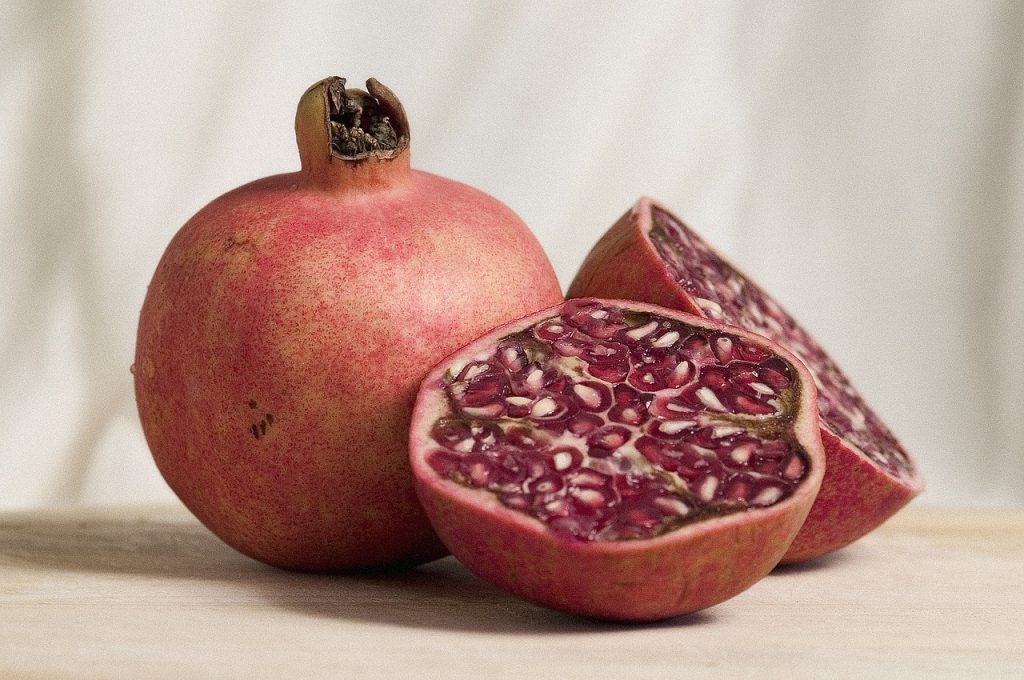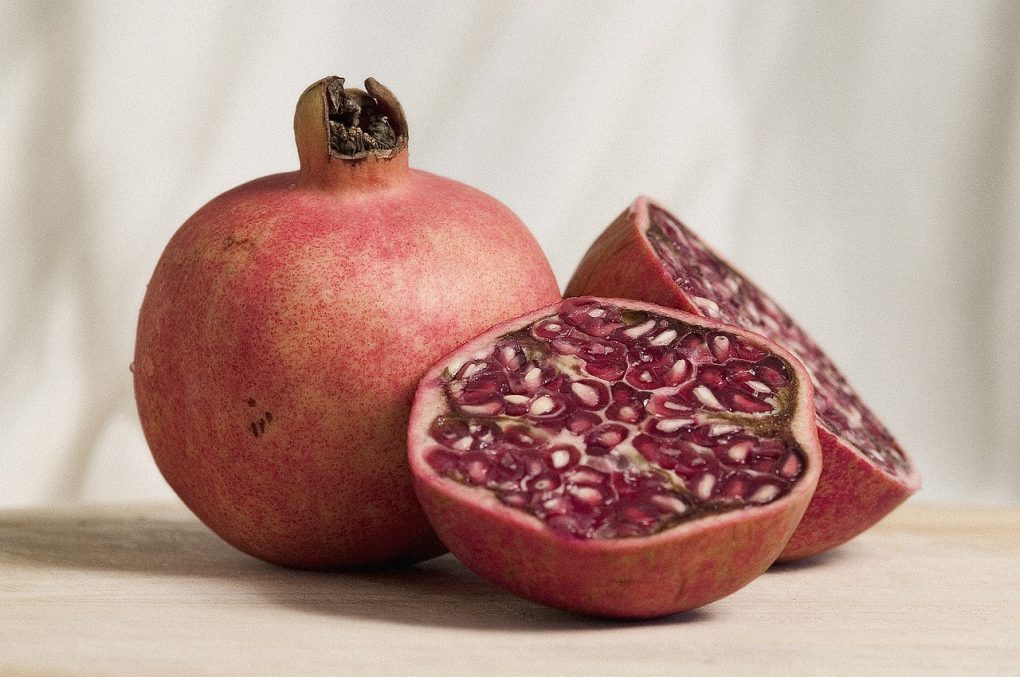Pomegranates Fight Aging in Animals Tests

Before the 21st century, you’d probably call a person crazy if they talked about aging as a “treatable condition”. And while this viewpoint isn’t fully mainstream, it’s not totally unimaginable either. There are many factors that cause the signs and sensations of aging, each of which would have to be individually corrected if aging were truly to be considered reversible. But new research suggests that one aspect of aging may not be so difficult to reverse as we once thought.
The secret lies with pomegranates, but we’ll have to lay some groundwork before the new pomegranate research starts to make sense. One of the reasons we age is that the mitochondria within our cells stop reproducing effectively. In works like this:
Your mitochondria live in each tissue cell in your body. Mitochondria are the powerhouses of your cells. But as they age, mitochondria start to wear out and break down. They can even become toxic. To prevent this, mitochondria basically commit suicide. They go to pieces and these pieces are brought back together into a new healthy mitochondria in a process called mitophagy.
Widget not in any sidebars
Problem is, this process doesn’t always function correctly, especially in older adults. Mitochrondria start to wear out and die, but they don’t quickly rejuvenate themselves. Gradually the cells weaken, which in turn weakens the tissues they compose. The difference is especially pronounced in muscle tissues, which become much weaker in older adults. This causes a feeling of frailty, actual muscular weakness, increases the incidence of falls, and many other problems associated with aging.
Enter the pomegranate chemical urolithin A. Urolithin A is prominent in a natural form within pomegranates, but it can also be produced synthetically. The chemical has been tested on mice and nematodes, and the results were, no exaggeration, astounding.
 Microphagy increased in both animals, even in very aged animals. Muscular strength and function returned, often resembling that of animals in their sexual prime, and lifespans were increased. Because nematodes and mice aren’t very closely related, and because they share the same cell power mechanism that humans use, it is very likely that the same pomegranate chemical yields the same benefit in humans.
Microphagy increased in both animals, even in very aged animals. Muscular strength and function returned, often resembling that of animals in their sexual prime, and lifespans were increased. Because nematodes and mice aren’t very closely related, and because they share the same cell power mechanism that humans use, it is very likely that the same pomegranate chemical yields the same benefit in humans.
The good news doesn’t stop. Pomegranates have long been rumored to promote healthy aging, but the science just wasn’t there to back it up. Even so, pomegranates’ reputation as a superfood caused multiple companies to develop extracts, powders, and other supplements that deliver urolithin A at high, healthy doses. Of course, you could just eat the pomegranates, too.
Like the coffee enemas used in Gerson therapy, urolithin A does its work in the colon. After consumption, the chemical is metabolized into forms that are useful to all the cells in your body. With regular use, it isn’t unreasonable to hope that your body will be stronger and age more gracefully. For people who are older and want to revive some of the strength of their young, the pomegranate chemical offers much the same hope. Research will progress, but for now, eat pomegranates with confidence. It’s looking more and more like they really are a superfood.



